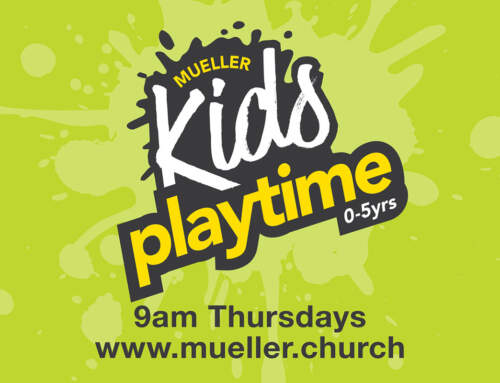I wonder what you thought when you saw the title of this week’s article. What does the word “connect” mean to you? Did you think something like, “I’m part of several Facebook groups, have a load of friends on Facebook and have a good number of followers on Instagram”? Without doubt there’s a place for these sorts of connections. I have a couple of interests that none of my friends really share, and it’s great to be able to connect with others from anywhere in the world and ask about their experiences. It’s also opened up some doors to meet people nearby whom I probably would never have met. While these online connections are good, they don’t necessarily lead to contentment. There can be a temptation for our posts to reflect our aspirational selves (who I want others to see me as) rather than our real selves. They don’t really show the full picture of who we are. They may even leave us feeling quite insecure – “if they really knew what I was like, they mightn’t like me.” This is particularly relevant for students and young people.
If all those Facebook friends were true friends, it would be wonderful, but unfortunately, they’re not. Some will friend a vulnerable person, to deliberately harass that person (cyberbullying). Would all those online friends know if one of their number was having a difficult time? Would they truly care?
Children as well as adults need to have a sense of belonging and feel they are valued. We truly connect with people when we take time to listen, be together, or do things together. No emoticon can express our true emotions. Seeing genuine pleasure in another person’s eyes is one of life’s true joys. A smiley face just doesn’t do the same for us. I was having a difficult conversation with somebody the other day, and as I started to go in a particular direction, I could see by the look in that person’s eyes, that was not somewhere she wanted to go at that time, so I backtracked and went a different way. Had I been having that conversation on social media, untold damage to the relationship may have been done. Having face-to-face conversations may increase our vulnerability as we can’t edit what we say as easily as we can edit a post. However, it is easier to pick up on and correct a misunderstanding in person.
People can spend so much time online that there isn’t the time to have good conversations with those close to them. An interesting exercise for a parent might be to monitor how much time he/she spends on a device (outside working hours) and compare that with how much is spent talking and doing things with a child. Do we spend more time interacting with a partner or friends than we do on digital devices? It’s worth checking out how we feel after a good conversation with somebody and comparing that with how we feel after a digital conversation. Maybe my title should have been “Disconnect for Contentment”.






